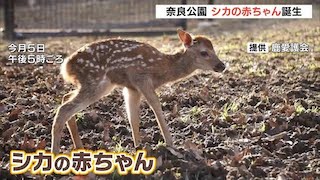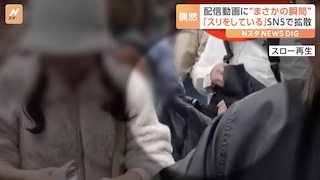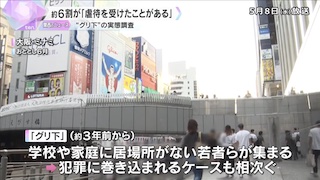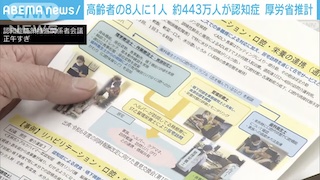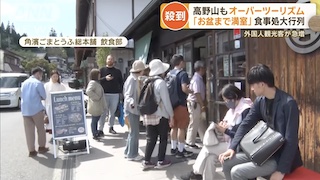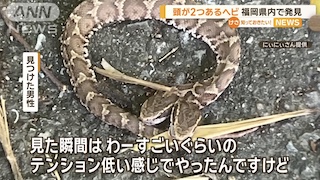Oct 10 (Japan Times) - From the outside, Yuko Takeuchi seemed to have a golden life. She had won Japan’s top acting award three times and had recently given birth to her second child. A graceful beauty, she appeared in a box-office favorite last year and advertisements for a top ramen brand.
Takeuchi, 40, died late last month, apparently in a suicide. No one can fully know what private torment might have lurked beneath the surface, but in a Japanese society that values gaman — endurance or self-denial — many feel pressure to hide their personal struggles. The burden is compounded for celebrities whose professional success depends on projecting a flawless ideal.
Takeuchi is the latest in a succession of Japanese film and television stars who have taken their own lives this year. Her death came less than two weeks after the suicide of another actress, Sei Ashina, 36, and two months after Haruma Miura, 30, a popular television actor, was found dead in his home, leaving a suicide note.
Earlier this year, Hana Kimura, a professional wrestler and star of “Terrace House,†a reality show, took her own life after relentless bullying on social media. Aside from Kimura, none of the other celebrities who died in suicides had shown any public signs of emotional distress.
Their deaths have been echoed by an alarming rise in suicides within Japan’s general public during the coronavirus pandemic, after a decade of hard-won decline from some of the highest rates in the world. Authorities reported a nearly 16 percent increase in suicides in August compared with a year earlier, with the number spiking by 74 percent among teenage girls and women in their 20s and 30s.
“As a society, we feel like we cannot show our weaknesses, that we must hold all of it in,†says Yasuyuki Shimizu, director of the Japan Suicide Countermeasures Promotion Center. “It’s not just that people feel like they can’t go to a counselor or a therapist, but many feel like they cannot even show their weaknesses to the people they are close to.â€
The reasons for any individual suicide are complex. And many of the strains felt by the Japanese are universal: They, like many others, feel the ruthless demands of social media, where people feel they must cultivate a narrative of eternal success and happiness.
“This can definitely be a cause for spiraling into a depression†if your reality does not match someone else’s curated portrait, Shimizu says.
Even away from social media, the Japanese tend to project a positive public front. There is a strict division between uchi (the home or inside) and soto (outside), with emotions — particularly messy ones — restricted to the private sphere.
People also feel that they must conform to rules and not stand out in ways that could be perceived as burdening others.


